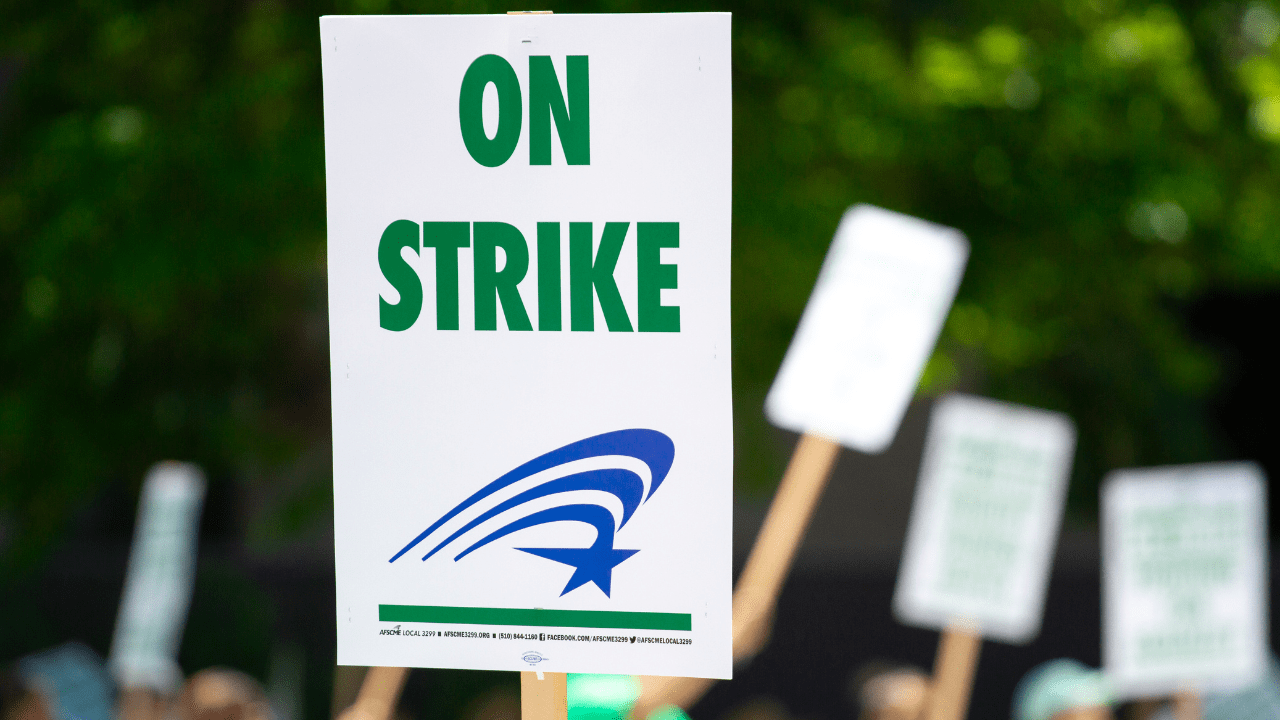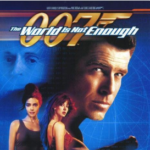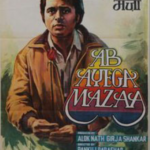Definition: Official Strike
A work stoppage with the legal backing and endorsement of a labor organization is known as an official strike. In this blog, Learning Perspectives will explore official strikes.
Movie Case Study
The scene shows Vicky (played by Amitabh Bachchan) shouting at the union leader of the company. It’s Vicky’s first day at work, as his father has asked him to start taking over the family business. Vicky loses his temper when he sees Bipinlal Pandey questioning the manager about the compensation that the company owes to the worker.
Vicky shouts at the union leader, not realizing the consequences of his actions. As soon as he does this, a strike in the factory is declared by the union.
Requirements of a strike:
This kind of strike usually complies with particular legal requirements and guidelines, which differ depending on the nation but frequently include:
Union Authorization:
The labor union that represents the employees has given the go-ahead for the strike. Union members frequently cast official votes in this regard.
Requirements for notice:
Normally, the union gives the employer advance notice of its intention to strike as well as the reasons for it. Depending on local legislation and labor agreements, different notice periods may be necessary.
Legal Compliance:
The strike has to abide by labor rules and regulations, which may entail talking through all alternative options for negotiation before going on strike, like mediation or arbitration.
Official strikes usually have the intention of resolving conflicts over pay, benefits, working conditions, or other aspects of employment.
Protection for Strikers: Employees who take part in a formal strike often enjoy specific legal safeguards, such as immunity from termination or other disciplinary action for their participation in the strike.
All things considered, an official strike is a controlled and organized type of labor action intended to put pressure on employers to engage in negotiations and satisfy worker demands.








